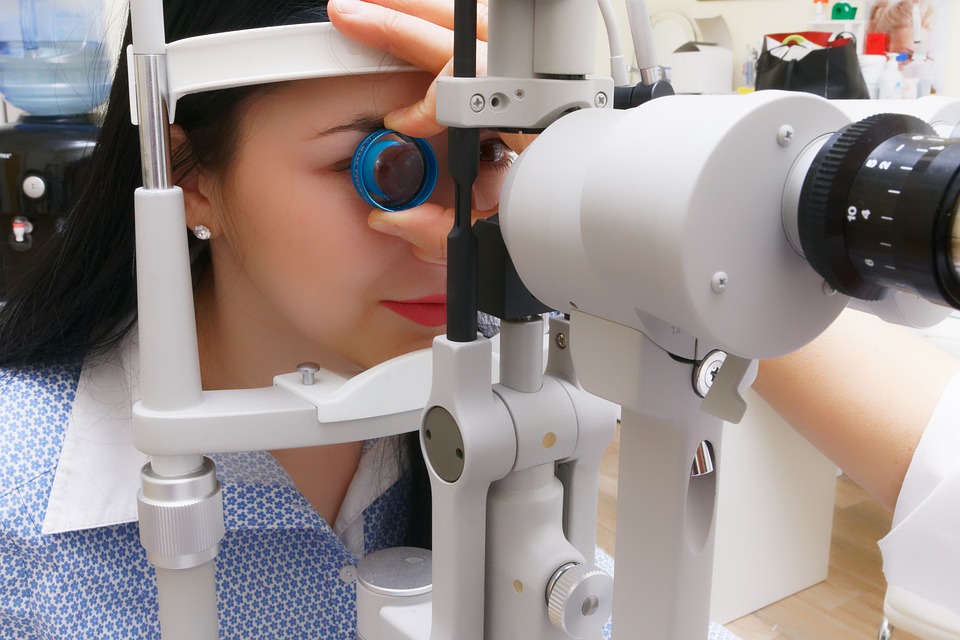Between technology and medicine: Researchers from the University of Cambridge revealed how artificial intelligence could revolutionize ophthalmology
Recent research led by the University of Cambridge revealed that Artificial Intelligence (AI), specifically the GPT-4 model, has been shown to outperform non-specialist doctors in assessing eye problems and offering relevant advice. This finding suggests that GPT-4’s reasoning skills and clinical knowledge reach the level of specialized ophthalmologists, marking a milestone in the integration of AI in the healthcare sector.
The study involved comparing GPT-4 competencies with physicians at different stages of their professional training, from young general practitioners with basic knowledge of ophthalmology to experts in the field. They were presented with 87 scenarios of patients with eye problems, where they had to diagnose or suggest a treatment. The results showed that GPT-4 not only outperformed non-specialized physicians but also obtained scores comparable to those of training and expert ophthalmologists, though falling below the most brilliant doctors.
These findings highlight the promising future of advanced language models in medicine, especially in areas where access to specialists is limited. The researchers stress that AI is meant to complement and enhance medical care within the clinical workflow, not replace healthcare professionals.
AI could be particularly useful in triaging patients with eye problems, helping determine which cases require immediate specialized care, which can be managed by general practitioners, and which do not need urgent treatment. Dr. Arun Thirunavukarasu, lead author of the study, suggests that AI could assist in patient triage following established algorithms and classifying patients with eye problems, deciding which cases are emergencies.
Models like GPT-4 could provide valuable advice to general practitioners facing increasing demand for ophthalmic services and long waiting times for specialized care, contributing to optimizing clinical workflows and improving patient outcomes in resource-limited settings.
As AI technology continues to advance rapidly, the possibility of AI reaching and surpassing the expertise of specialists in specific areas becomes increasingly tangible. This opens up new possibilities for improving the quality and accessibility of healthcare for all, with large language models playing a key role in complementing medical care.
